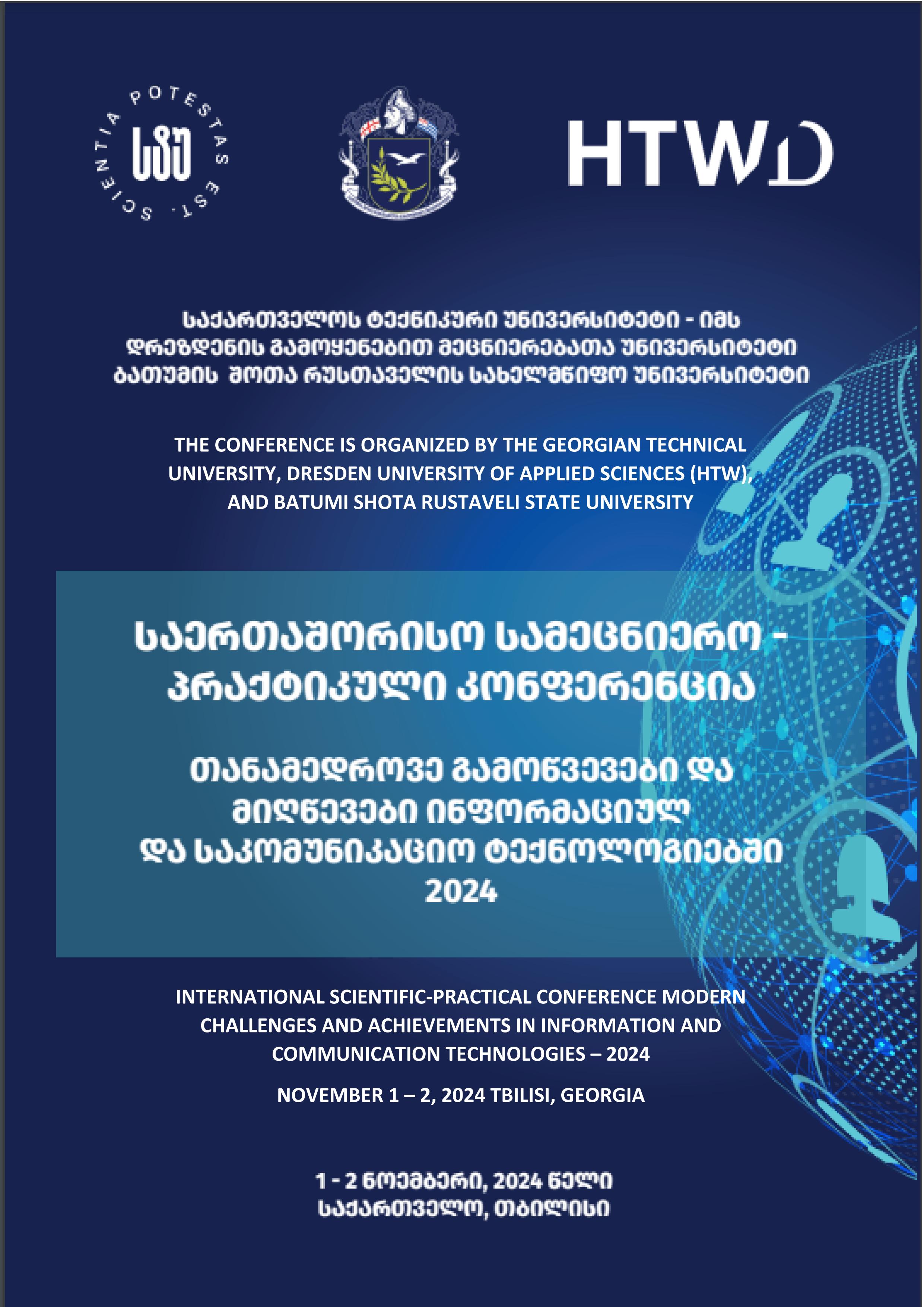Abstract
Coded cooperation is studied, in which cooperative communication is integrated with channel coding. Here, each user tries to transfer additional redundancy to its partner, and when this is not possible, the users automatically revert to the non-cooperative mode. Transmission in an uplink where two users are cooperating and connected to a single base station is considered. These users have orthogonal channels. We assume that each user's channel is divided into two time slots, and for the cooperation scheme, users always use the first slot to transmit part of their own codeword. For the second slot, there are two possibilities: either a part of the partner's message is transmitted if the user was able to decode its first part, or else it sends another part of its own codeword. For computer simulations, we use a turbo code based on two convolutional codes. Two options are considered: in the first scheme, denoted by cc, we use part of the information bits and part of the redundancy bits of the first convolutional code as the first part, and the redundancy of the second convolutional code as the second part. For the second scheme, called punct, the first part of the message is a punctured codeword, and the second part consists of punctured (discarded) symbols. The bit error probability for different signal-to- noise ratios is investigated by computer simulation. At the end of the paper, one of the practical cases of using the discussed code cooperation is presented.
References
Janani M., Hedayat A., Hunter T., Nosratinia A. Coded cooperation in wireless communications: space-time transmission and iterative decoding. IEEE Trans. Signal Proces., vol. 52, #2, pp. 362–371, Feb. 2004.
Laneman J., Tse D., Wornell G.W. Cooperative diversity in wireless networks: Efficient protocols and outage behavior. IEEE Trans. Inf. Theory, vol. 50, #12, pp. 3062–3080, Dec. 2004.
Hunterand N., Nosratinia A. Diversity through coded cooperation. IEEE Trans. Wireless Commun., vol. 5, #2, pp. 283–289, Feb. 2006.
Kim S. Cooperative Concatenated Coding in Multi-Hop Multiple Access Relay Networks. IEEE Trans. Commun., vol. 58, no. 11, pp. 3305–3316, Nov. 2010.
Najm E., Yates R., Emina Soljanin. Status updates through M/G/1/1 queues with HARQ. In Proc. 2017. IEEE International Symposium on Information Theory (ISIT), Aachen, Germany, 25-30 June 2017, pp. 131-135.
Sac H. et al. Age-Optimal Channel Coding Blocklength for an M/G/1 Queue with HARQ. In Proc. 2018. IEEE 19th International Workshop on Signal Processing Advances in Wireless Communications (SPAWC), Kalamata, Greece, 25-28 June 2018, 5 pages.
